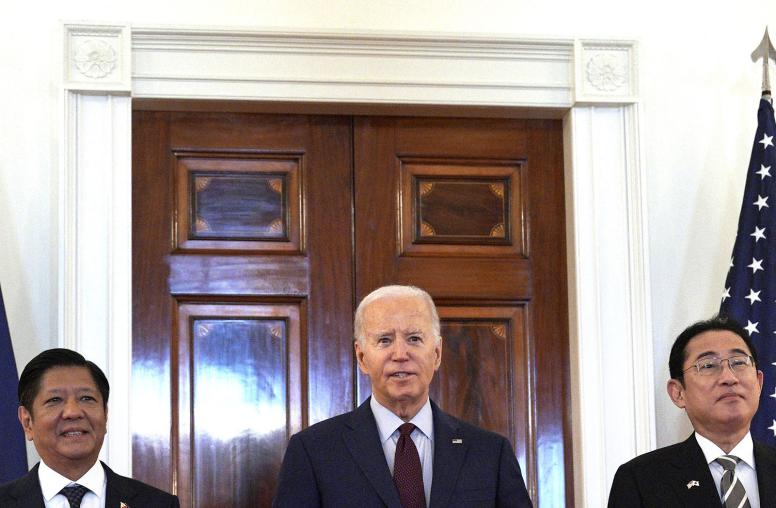Crunchtime for the Mindanao Peace Process?
For 18 months the U.S. Institute of Peace has been involved in the peace process between the Philippine government and the Moro Islamic Liberation Front (MILF). As the two sides meet in Kuala Lumpur in early February for another round of exploratory talks, a panel of four experts at the Institute on February 8 discussed:
- The historical, religious, and cultural causes of the conflict;
- MILF linkages with international terrorists;
- The status of the talks and roles of the facilitators;
- Key outstanding issues in the negotiations; and
- How the conflict affects U.S. interests.
Speakers
- Zachary Abuza, U.S. Institute of Peace and Simmons College
- Benedicto Bacani, U.S. Institute of Peace and Notre Dame University, the Philippines
- Astrid Tuminez, U.S. Institute of Peace
- Eugene Martin, U.S. Institute of Peace, Moderator
Media Inquiries
Please contact the Office of Public Affairs and Communications at 202.429.3832.



